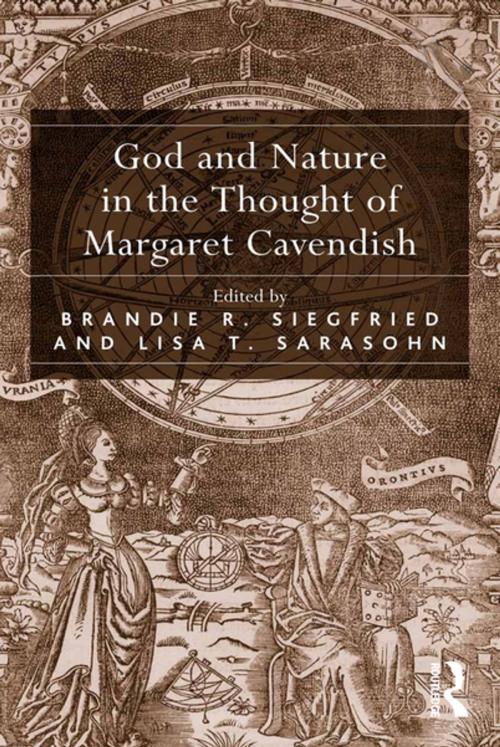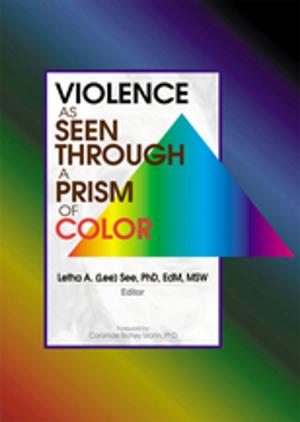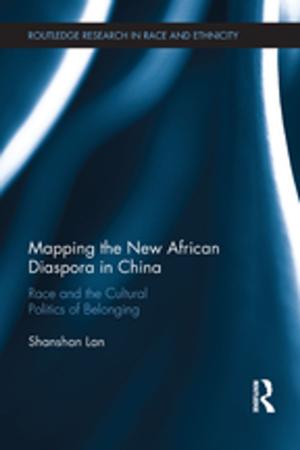God and Nature in the Thought of Margaret Cavendish
Nonfiction, Social & Cultural Studies, Social Science, Gender Studies, Women&, Fiction & Literature, Literary Theory & Criticism| Author: | Brandie R. Siegfried, Lisa T. Sarasohn | ISBN: | 9781317126720 |
| Publisher: | Taylor and Francis | Publication: | April 22, 2016 |
| Imprint: | Routledge | Language: | English |
| Author: | Brandie R. Siegfried, Lisa T. Sarasohn |
| ISBN: | 9781317126720 |
| Publisher: | Taylor and Francis |
| Publication: | April 22, 2016 |
| Imprint: | Routledge |
| Language: | English |
Only recently have scholars begun to note Margaret Cavendish’s references to 'God,' 'spirits,' and the 'rational soul,' and little has been published in this regard. This volume addresses that scarcity by taking up the theological threads woven into Cavendish’s ideas about nature, matter, magic, governance, and social relations, with special attention given to Cavendish’s literary and philosophical works. Reflecting the lively state of Cavendish studies, God and Nature in the Thought of Margaret Cavendish allows for disagreements among the contributing authors, whose readings of Cavendish sometimes vary in significant ways; and it encourages further exploration of the theological elements evident in her literary and philosophical works. Despite the diversity of thought developed here, several significant points of convergence establish a foundation for future work on Cavendish’s vision of nature, philosophy, and God. The chapters collected here enhance our understanding of the intriguing-and sometimes brilliant-contributions Cavendish made to debates about God’s place in the scientific cosmos.
Only recently have scholars begun to note Margaret Cavendish’s references to 'God,' 'spirits,' and the 'rational soul,' and little has been published in this regard. This volume addresses that scarcity by taking up the theological threads woven into Cavendish’s ideas about nature, matter, magic, governance, and social relations, with special attention given to Cavendish’s literary and philosophical works. Reflecting the lively state of Cavendish studies, God and Nature in the Thought of Margaret Cavendish allows for disagreements among the contributing authors, whose readings of Cavendish sometimes vary in significant ways; and it encourages further exploration of the theological elements evident in her literary and philosophical works. Despite the diversity of thought developed here, several significant points of convergence establish a foundation for future work on Cavendish’s vision of nature, philosophy, and God. The chapters collected here enhance our understanding of the intriguing-and sometimes brilliant-contributions Cavendish made to debates about God’s place in the scientific cosmos.















